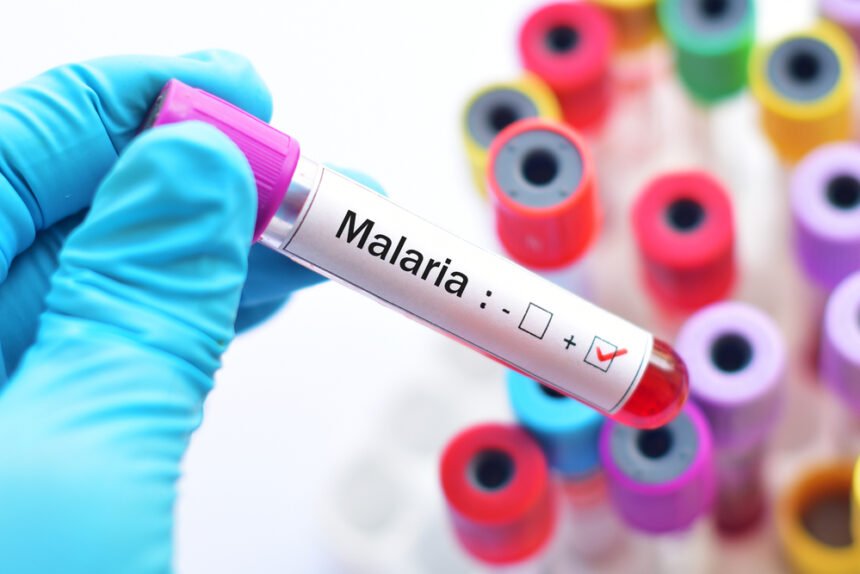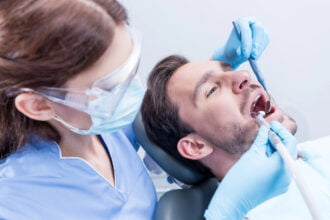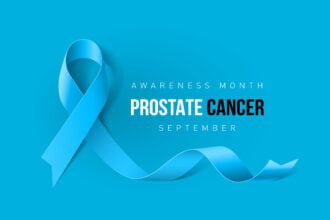Tropical and subtropical countries have to deal with a number of illnesses triggered by parasites. One of the most persistent ones is malaria- an illness we have all heard of. Globally around 210 million people contract it and it turns fatal for about 440,000 people. So today, we will outline what malaria is, what you need to know about it and what you can do to protect yourself from the grips of this dangerous illness.
What causes malaria?
Malaria is common in places where mosquitoes are rampant. But the carrier of the malaria parasite is a particular mosquito- the female anopheles. Inside them lives the parasite called plasmodium. The plasmodium enters the mosquito’s body when it bites a person who has contracted malaria. Now if it bites you, then the plasmodium will be transmitted to you. The parasites make their way to your liver where they lie in wait, sometimes for as long as a year. Once they mature, they enter your bloodstream and then travel to all parts of your body. Your blood cells become infected and this is when you start to show the signs of malaria.
What are the indications of malaria?
Some of the commonest symptoms of malarial infection are-
- High fever that refused to recede
- Splitting headache
- Shivers and chills
- Persistent nausea
- Vomiting
- Constant fatigue
- Ache all over the body
Some people also experience-
- Pain in the chest
- Coughing
- Sweating
Sometimes the symptoms come in cycles. You may start feeling chilly, after which you will start shivering following which your body temperature will soar.
When is it time to consult a specialist?
If you live in an area infested with mosquitoes and there have been several reports of people being diagnosed with malaria, you should book a consultation with a doctor once you realize that your fever is showing no sign of abating or you are experiencing the other symptoms of malaria.
Can malaria cause other complications?
Malaria is not to be trifled with. It can cause devastating complications. Most of the fatalities are a consequence of one of these complications-
- Cerebral malaria: this happens when infected blood cells cause a blockage in the blood vessels of the brain. This causes inflammation and damage to the brain and eventually triggers coma or seizures.
- Pulmonary oedema: fluids build up within the lungs and cause extreme breathing distress.
- Anaemia: plasmodia destroy the red blood cells and the natural outcome is anaemia.
- Organ failure: malarial parasites affect the liver and kidneys and do not allow them to carry out their functions. These parasites can also rupture the spleen.
- Malaria can also cause a severe drop in blood sugar level, which is dangerous.
How is malaria diagnosed?
Diagnosis of malaria can be done through a blood test. The person’s blood will be examined under a microscope and if plasmodium is present in the blood, it will become clearly visible.
Treatment of malaria
Depending on your age, health, the degree of the symptoms and whether you are pregnant, your doctor will prescribe these medicines-
- Artemisinin-based combination therapies
- Chloroquine phosphate
Recuperating
Recuperating involves getting plenty of rest and allowing your body to heal with the help of the prescribed medicines. Also, you have to be mindful of the food you eat. Some foods speed up the recovery procedure while some others get in the way.
How can you prevent malaria?
The easiest way to save yourself and your loved ones from this deadly disease is by –
- Using mosquito repellent sprays, oils and ointments.
- Using mosquito nets.
- Do not allow water to accumulate near or in your house because they turn out to be breeding ground for mosquitoes.
Now that you have formed a comprehensive idea about malaria, you can be on your guard against this disease.








